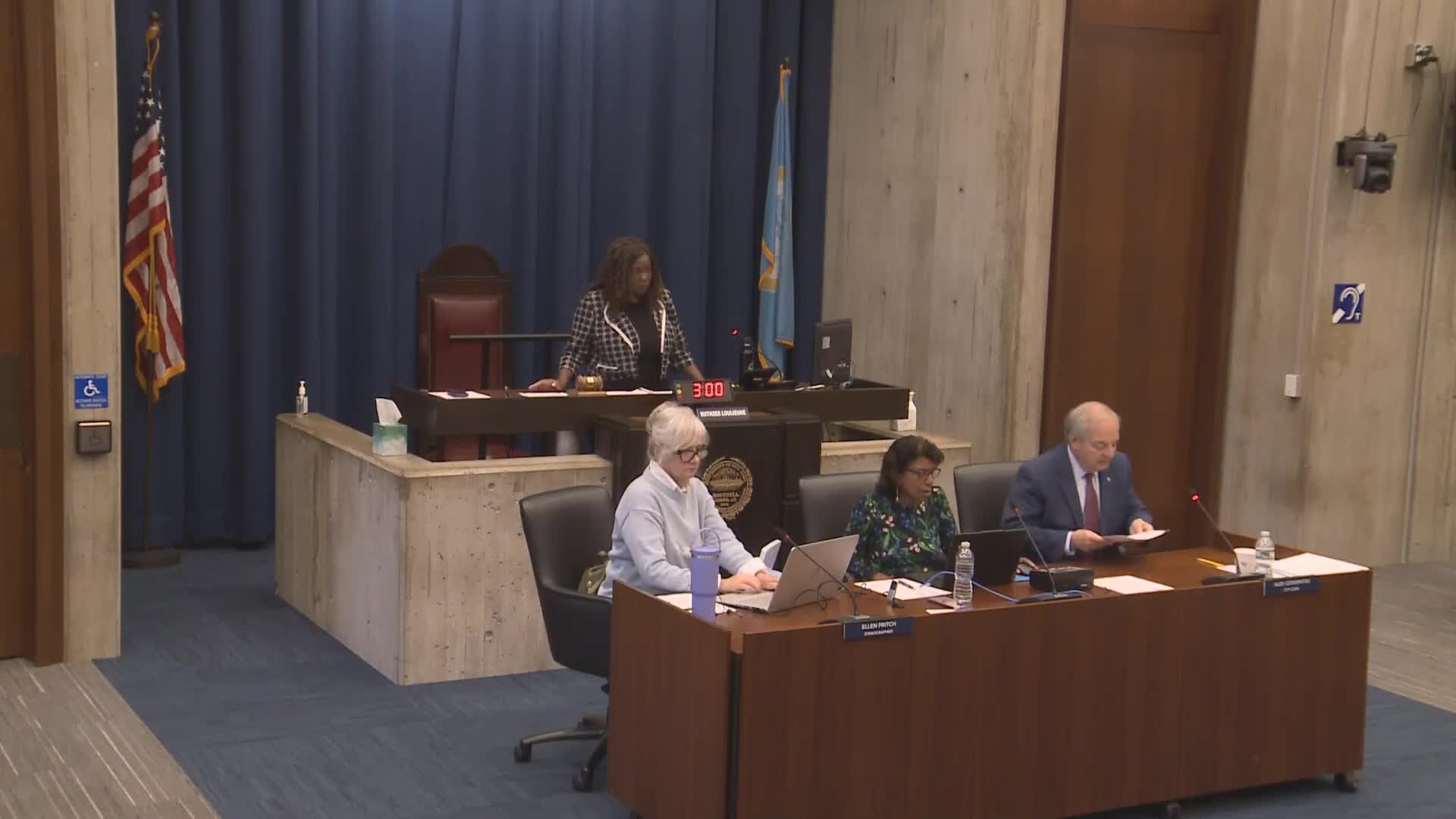Article not found
This article is no longer available. But don't worry—we've gathered other articles that discuss the same topic.
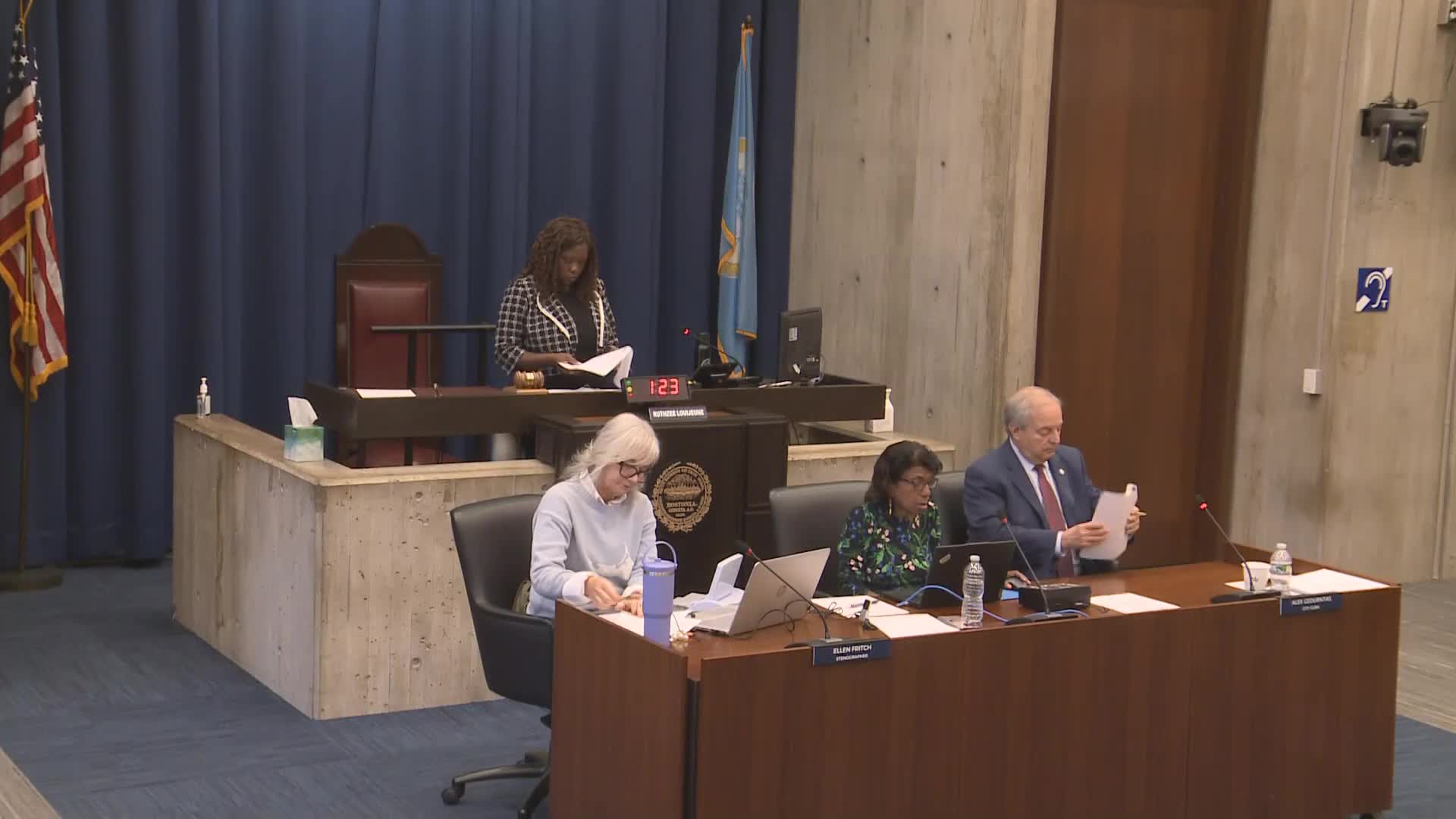
Boston council debates tighter rules for delivery mopeds and e-bikes after collisions
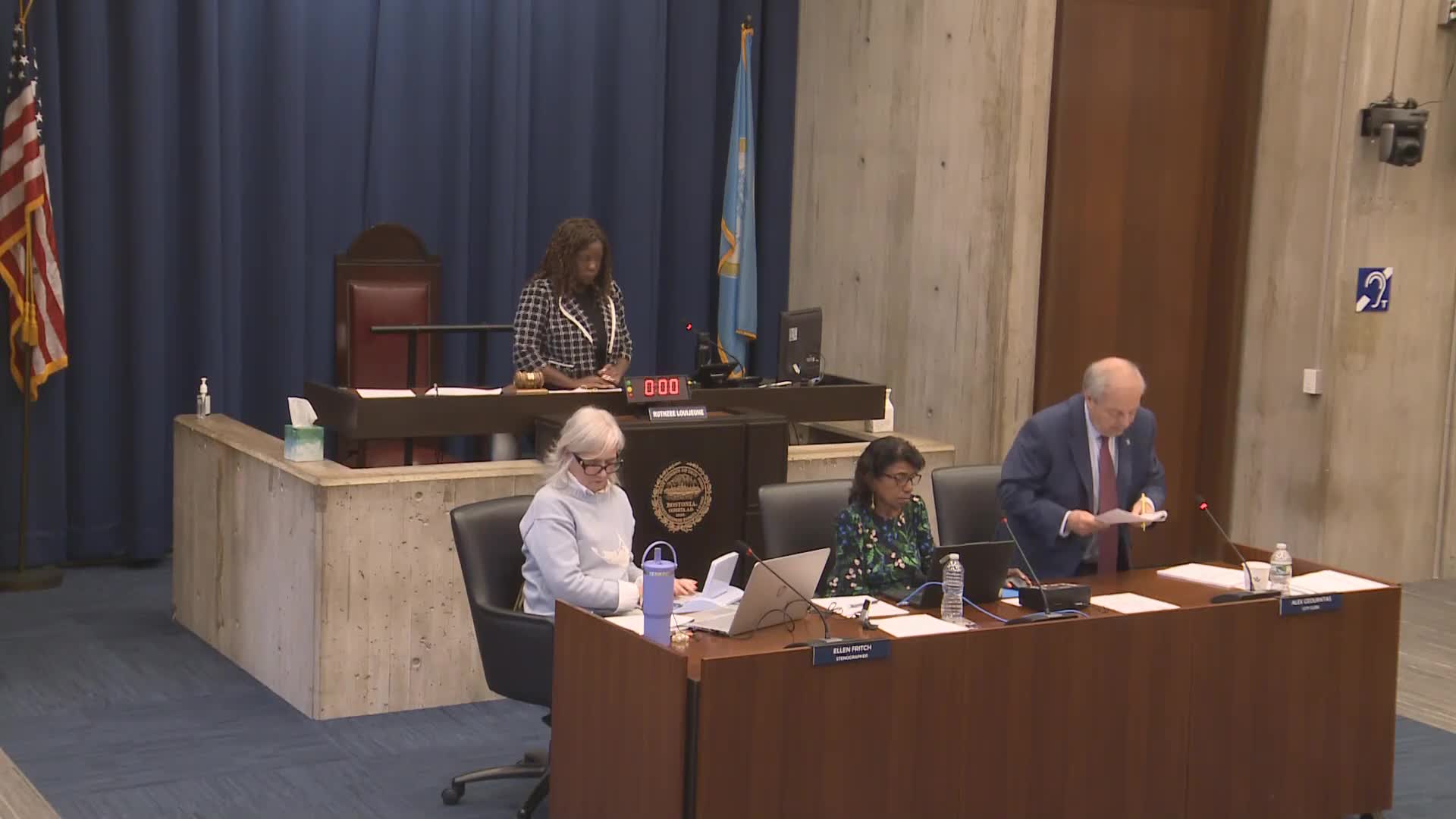
Council approves home‑rule petition to allow veteran officer to seek Boston Fire Department appointment past age limit
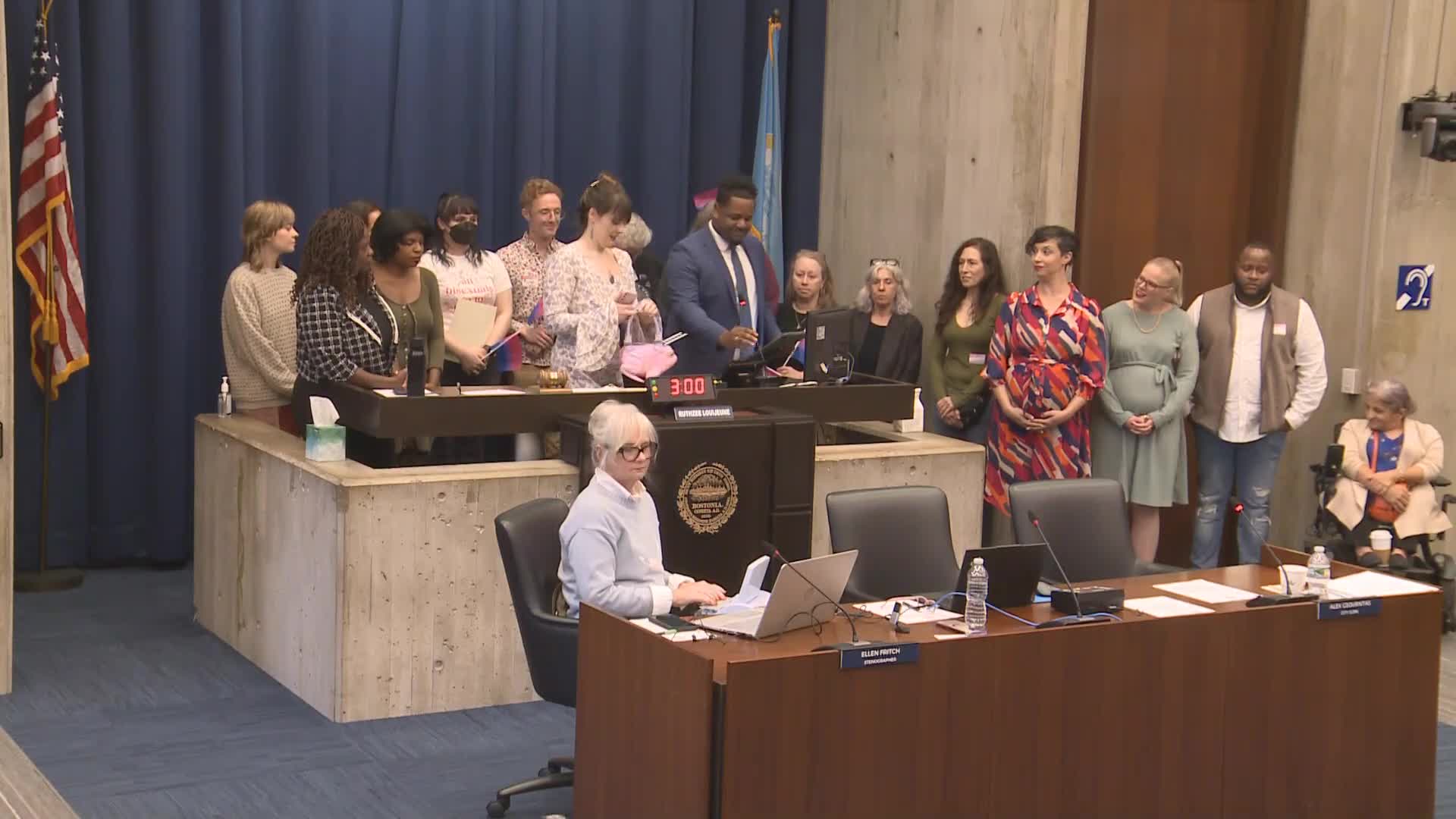
Council recognizes International Celebrate Bisexuality+ Day after Bisexual Resource Center presentation
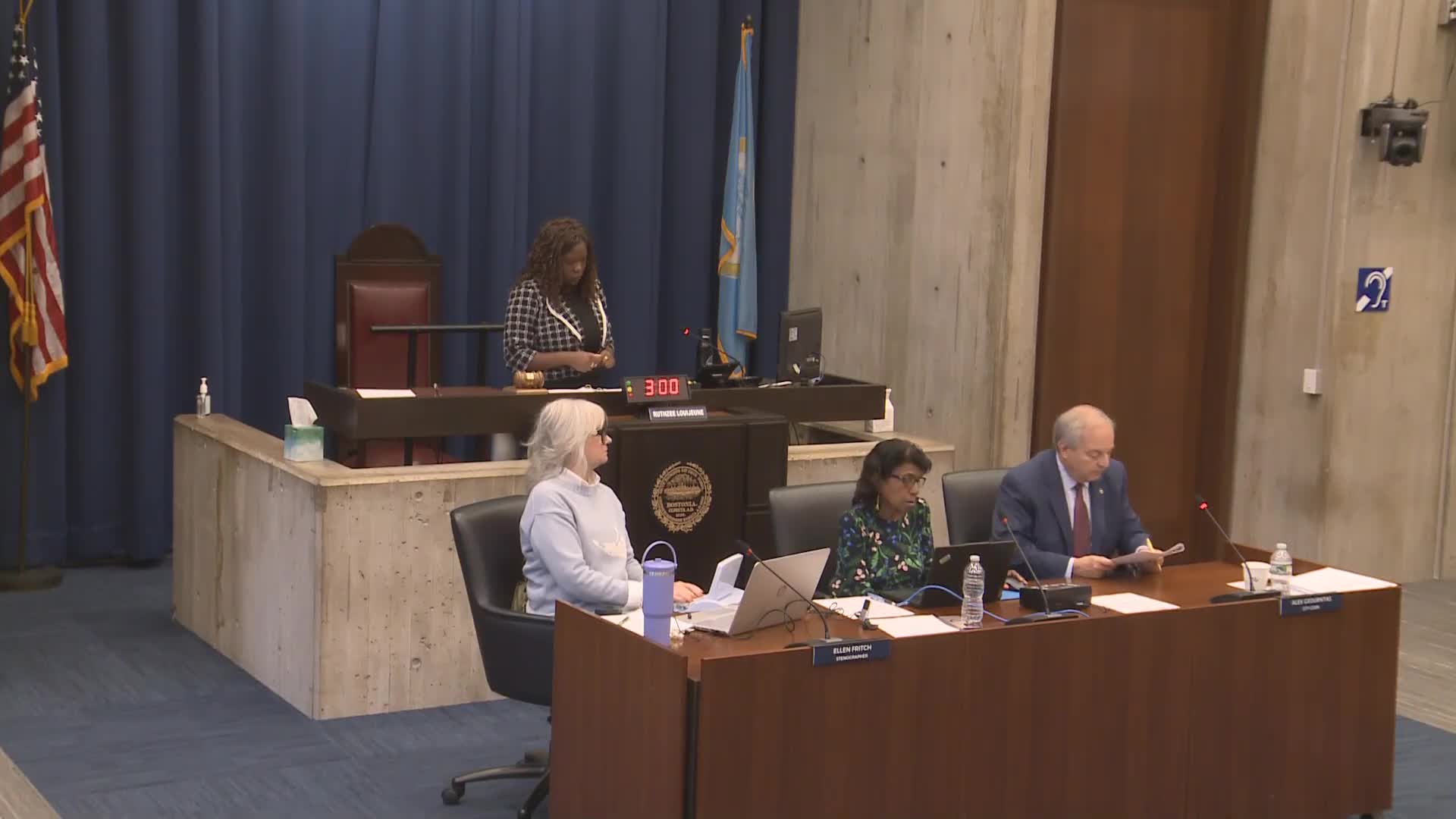
Off‑site hearing on Chinatown, Leather District water and sewer infrastructure stays in committee
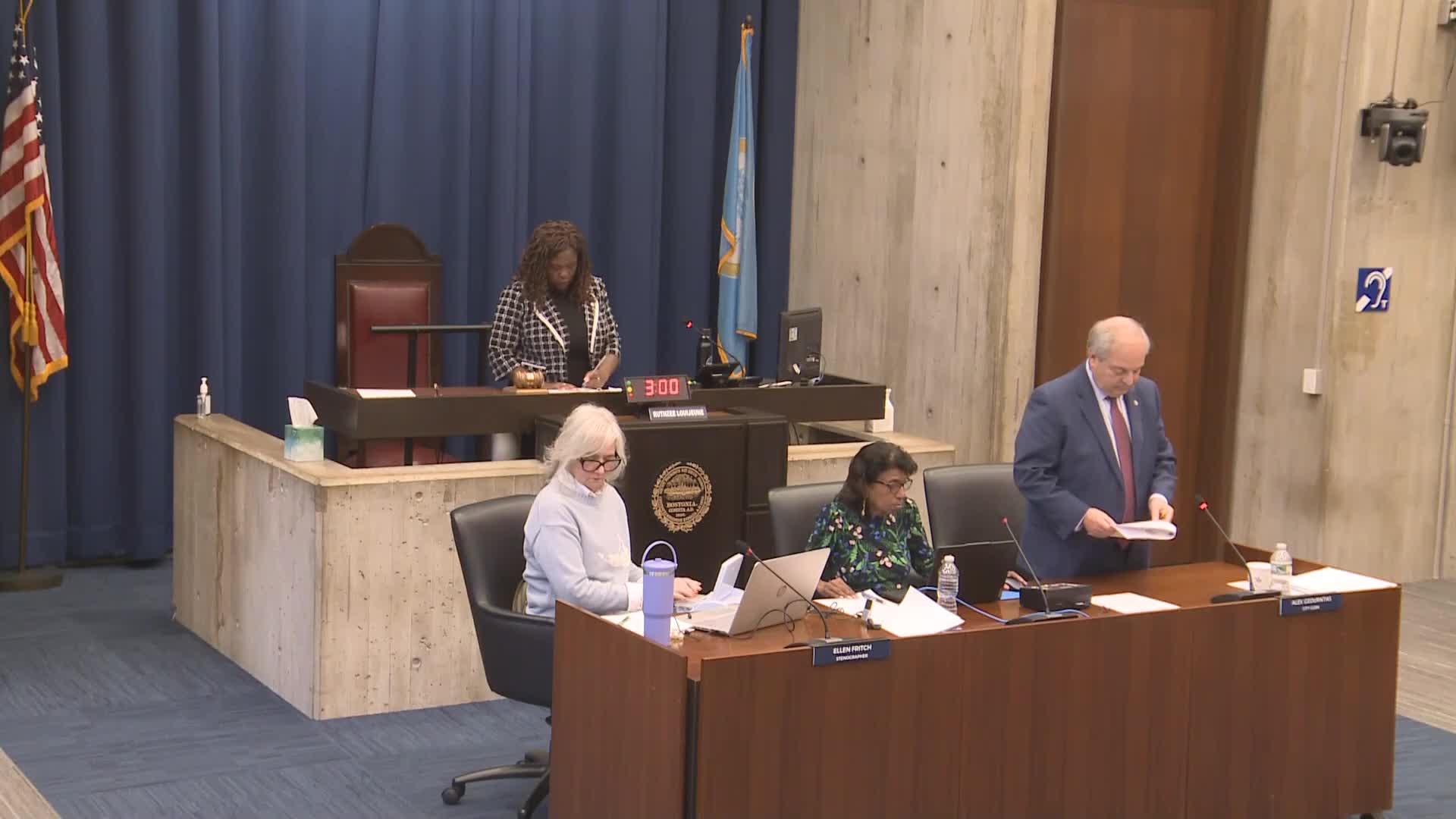
Council keeps Boston Police forensic lab resource review in committee after hearing
